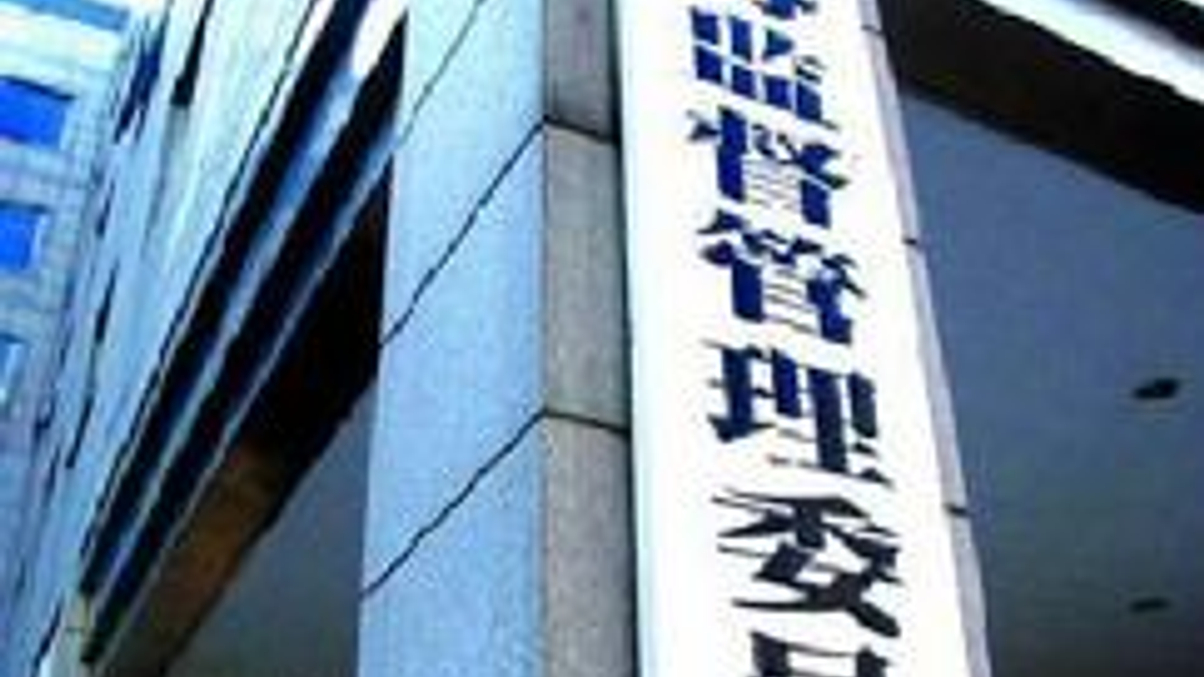New CSRC chairman to follow reform roadmap
Former Bank of China chief Xiao Gang is named to replace Guo Shuqing as chair of China's securities regulator. The news is revealed after CSRC outlines a new reform agenda.

Former Bank of China chief Xiao Gang has been chosen to replace Guo Shuqing as chairman of the nation’s securities regulator CSRC.
Sign in to read on!
Registered users get 2 free articles in 30 days.
Subscribers have full unlimited access to AsianInvestor
Not signed up? New users get 2 free articles per month, plus a 7-day unlimited free trial.
¬ Haymarket Media Limited. All rights reserved.


